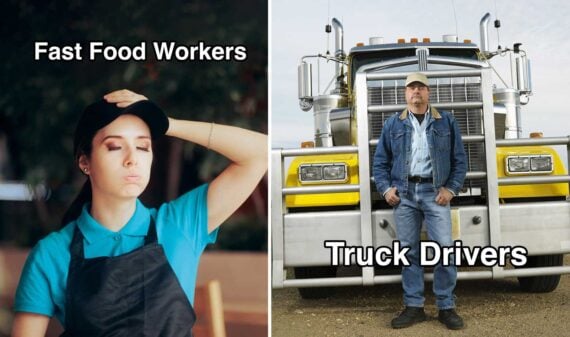As automation and artificial intelligence (AI) take over, more and more traditional roles are becoming obsolete. With the ability to handle complex tasks, process orders, and even crack a joke or two, these bots are revolutionizing the way we live and work. These advances also allow machines to perform tasks with higher efficiency and accuracy than humans. The shift is not just limited to manufacturing; it spans various sectors, including logistics, customer service, and even health care.
While this tech revolution promises to reduce costs and increase productivity, it’s also a scary time for workers whose skills may soon be replaced. Here are 17 jobs that may be on the chopping block as automation takes over.
1. Warehouse Workers
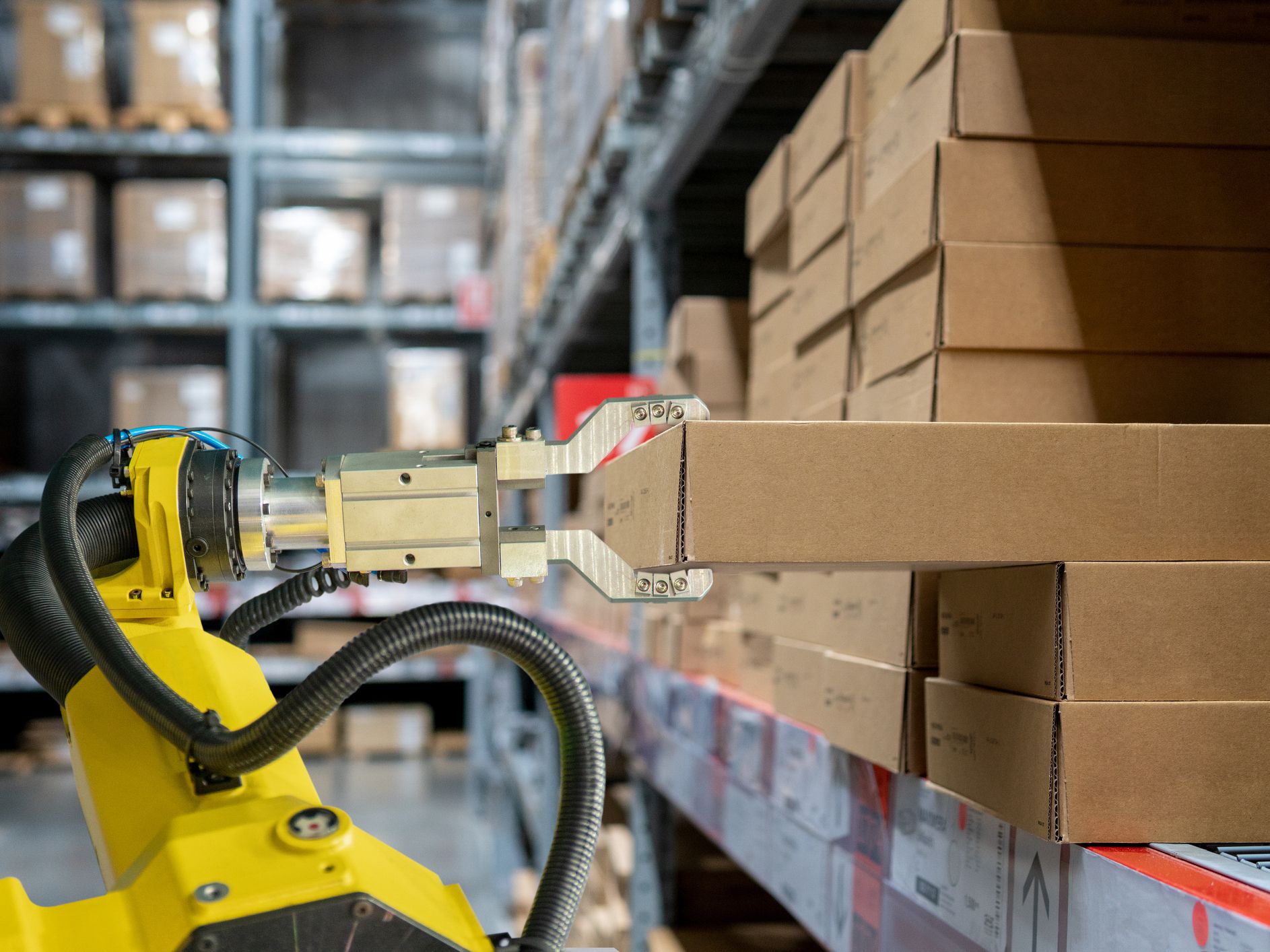
Warehouse workers are responsible for sorting, packing, and managing inventory. But as automated systems and robotic arms become commonplace, these tasks can now be performed faster, more efficiently, and with fewer mistakes. Companies like Amazon and Sagawa X-Frontier in Japan are already using robots to streamline warehouse operations and reduce the need for human labor.
2. Package Handlers
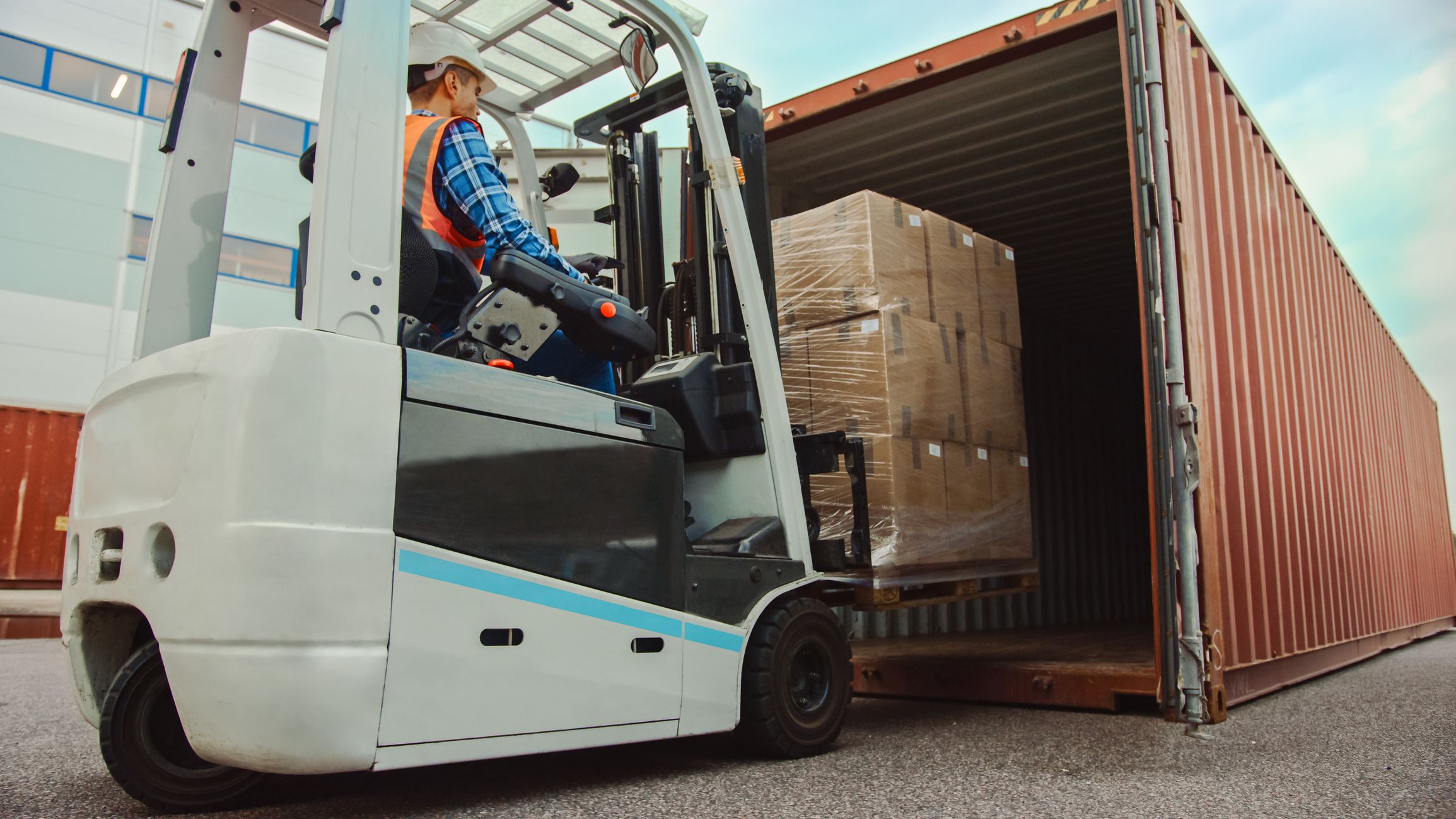
Package handlers work in shipping and receiving departments to sort, package, and move parcels. Nowadays, automated sorting systems can perform these tasks faster and with greater precision. In addition, self-driving vehicles and drones are beginning to handle deliveries, further reducing the need for human package handlers. As these technologies become more widespread, these roles will diminish further.
3. Cashiers

While cashiers are needed to handle transactions at retail stores, self-checkout kiosks and mobile payment systems are starting to pop out everywhere, especially in tech hubs like Seattle and San Francisco. These technologies offer convenience and speed for customers while cutting costs for business owners. As more stores adopt these checkout systems, the demand for human cashiers will likely continue to drop.
4. Data Entry Clerks

Data entry clerks input information into computer systems, but many of these tasks can now be done using software. For example, optical character recognition (OCR) and automated data extraction tools can accurately and efficiently handle data entry. These technologies reduce errors and free up human workers for more complex tasks. As a result, the need for human data entry clerks is expected to diminish.
5. Telemarketers

Telemarketers make unsolicited calls to potential customers — a tedious job that is becoming less relevant with the rise of automated calling systems and chatbots. These technologies can handle large volumes of calls and messages simultaneously, while providing consistent and personalized responses. As businesses continue to seek cost-effective marketing solutions, the role of telemarketers will likely be phased out, though the prospect faces legal and regulatory opposition.
Trending on Cheapism
6. Customer Service Representatives

Customer service representatives assist customers with inquiries and issues, but chatbots and AI-driven support systems are now taking over these functions and roles in more efficient ways. These automated systems can provide 24/7 support, handle multiple queries at the same time, and offer instant responses. Let’s just hope we won’t have to yell “REPRESENTATIVE!” 50 times before being connected to a smart bot.
7. Bank Tellers

Bank tellers process transactions and provide customer service at physical bank branches. But with the rise of online banking and ATMs, most of these tasks can now be completed without human assistance. Many banks also offer mobile banking apps and services that allow customers to manage their finances on the go. The convenience and ease of online banking greatly reduces the need for human tellers.
8. Assembly Line Workers
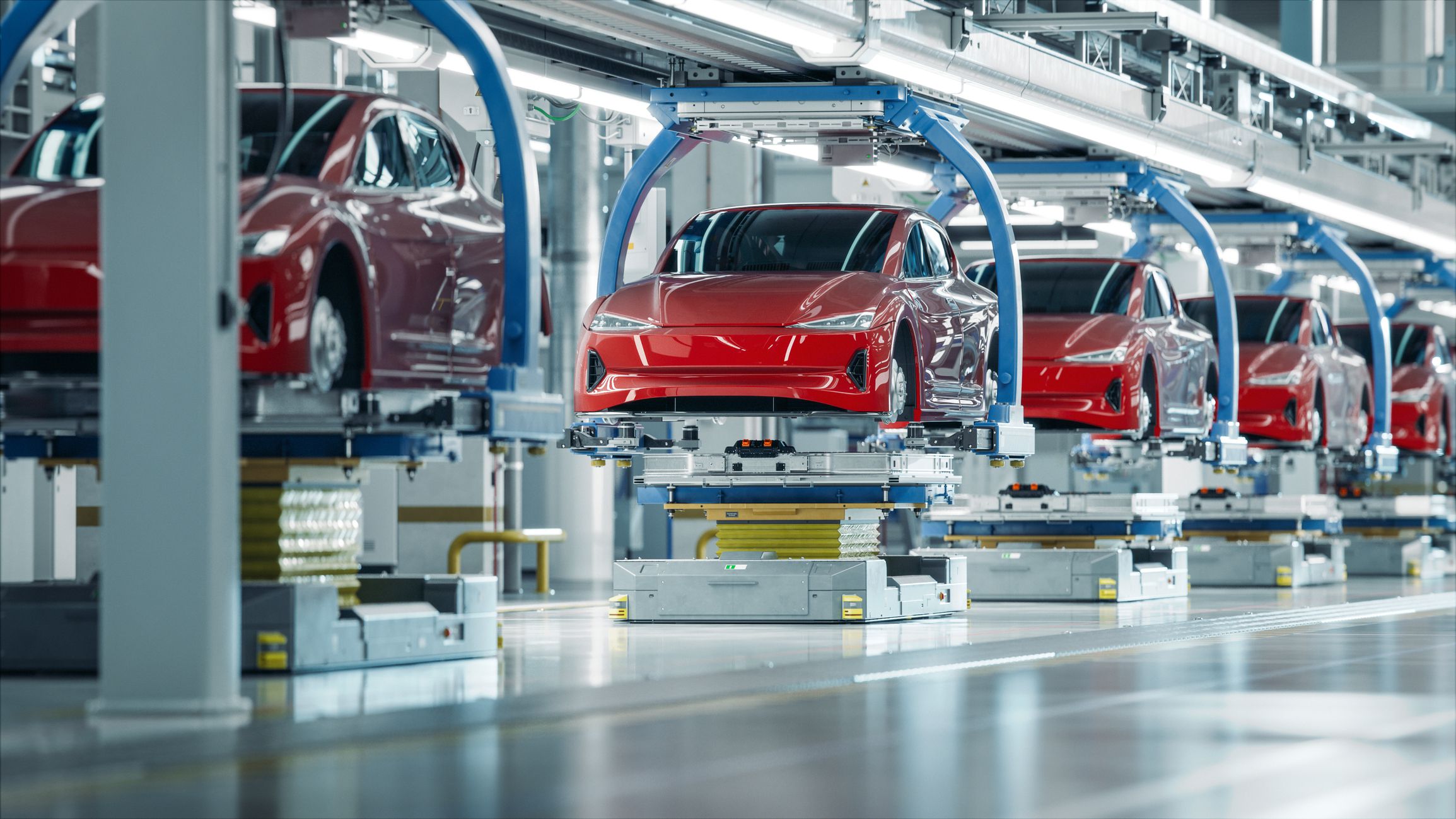
Assembly line workers perform repetitive tasks to assemble products, ensure quality standards, and maintain the smooth operation of production lines in factories. But with the rise of robots, automated systems can work continuously without breaks to increase production efficiency and consistency. Automated technology can also minimize (or even fully eliminate) the risk of injuries from human errors.
Sign up for our newsletter
9. Taxi and Truck Drivers
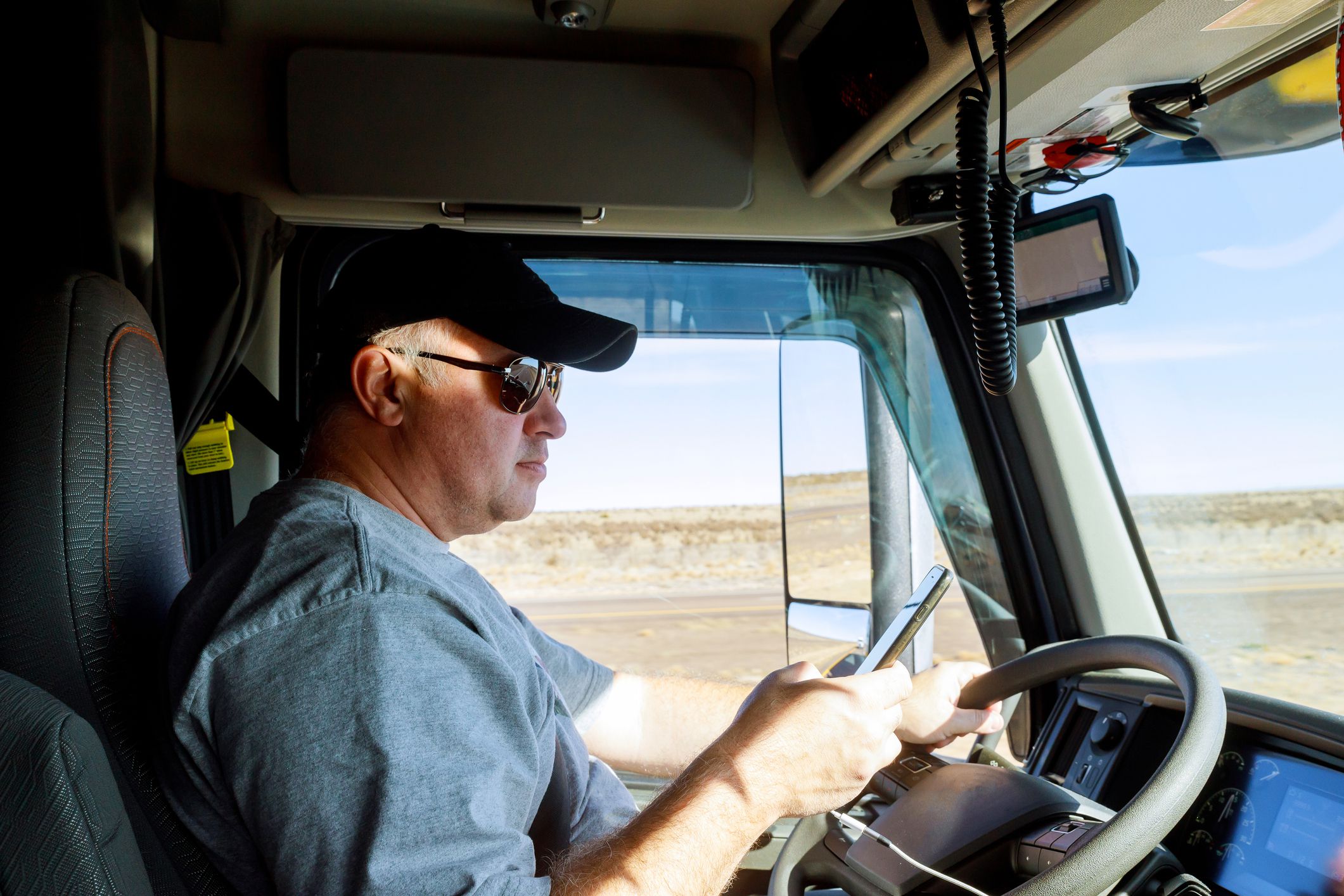
Taxi and truck drivers are also at risk of being phased out due to the development of self-driving (also known as autonomous) vehicles. Companies like Waymo and Tesla are testing self-driving vehicles that can safely transport passengers and cargo without human intervention. As this technology becomes more reliable and widespread, the need for human drivers will keep diminishing.
10. Fast Food Workers

Fast food workers handle food preparation and customer service, but these tasks are becoming more automated. Fast food chains like McDonald’s, Chick-fil-A, and Chipotle have begun using self-service kiosks and automated cooking machines to prepare and serve food with minimal human intervention. As more businesses invest in these technologies to cut costs and improve efficiency, these roles will further disappear.
11. Travel Agents

Before the internet was widely accessible, one had to visit a travel agency to book trips and plan vacations (Gen-z could never). Back then, travelers had to rely on the expertise and recommendations of travel agents to find the best deals and accommodations. Today, travel booking sites and apps provide customers with endless tools to plan their trips independently, eliminating the need for these roles.
12. Radiologists

While radiologists analyze complex medical images to diagnose abnormalities, injuries, and illnesses, AI is now able to perform some of these tasks as well. Advanced imaging software can detect abnormalities with high accuracy, sometimes even surpassing human performance. As AI in the health care industry continues to evolve, the role of radiologists may become less central, and eventually less sought after.
13. Legal Assistants

Legal assistants (or paralegals) perform administrative tasks for lawyers, including document preparation and research. But nowadays, AI and legal technology platforms can handle many of these tasks more efficiently. As more law firms adopt these tools to streamline operations, the need for these human services will decline.
14. Financial Analysts

Financial analysts are responsible for assessing market trends and investment opportunities. But automated trading systems and AI-driven analysis tools can now complete many of these tasks by processing large amounts of data quickly and efficiently. As these technologies become more sophisticated, they can even provide insights and recommendations, thereby decreasing the need for human analysts.
15. Construction Workers

Construction workers perform various tasks on building sites, many of which are becoming automated. Though still in its beginning stages, technology like robotics and 3D-printing technology can handle labor-intensive and repetitive tasks such as bricklaying and concrete pouring. This reduces the need for skilled labor so that human workers can focus on other less laborious aspects of the project.
16. Pharmacists

Though some call it a “dying profession” due to the rise of automation, pharmacists ensure the safe dispensing of medications and provide critical medical advice to patients. Still, automated dispensing systems and AI can now handle routine tasks like sorting pills and verifying prescriptions. While the expertise of pharmacists remains crucial for patient consultations, the role may be phased out in the future.
17. Receptionists

Receptionists manage front desks by greeting visitors, handling communications, and sorting mail — all tasks that can be performed by automated systems. AI-driven virtual receptionists can schedule appointments, answer queries, and manage communications efficiently. As businesses seek cost-effective solutions, the demand for human receptionists will likely decline sharply.
But will people be down with a robot greeting them when they walk in? Time will tell.
For more stories like this, please sign up for our free newsletters.
